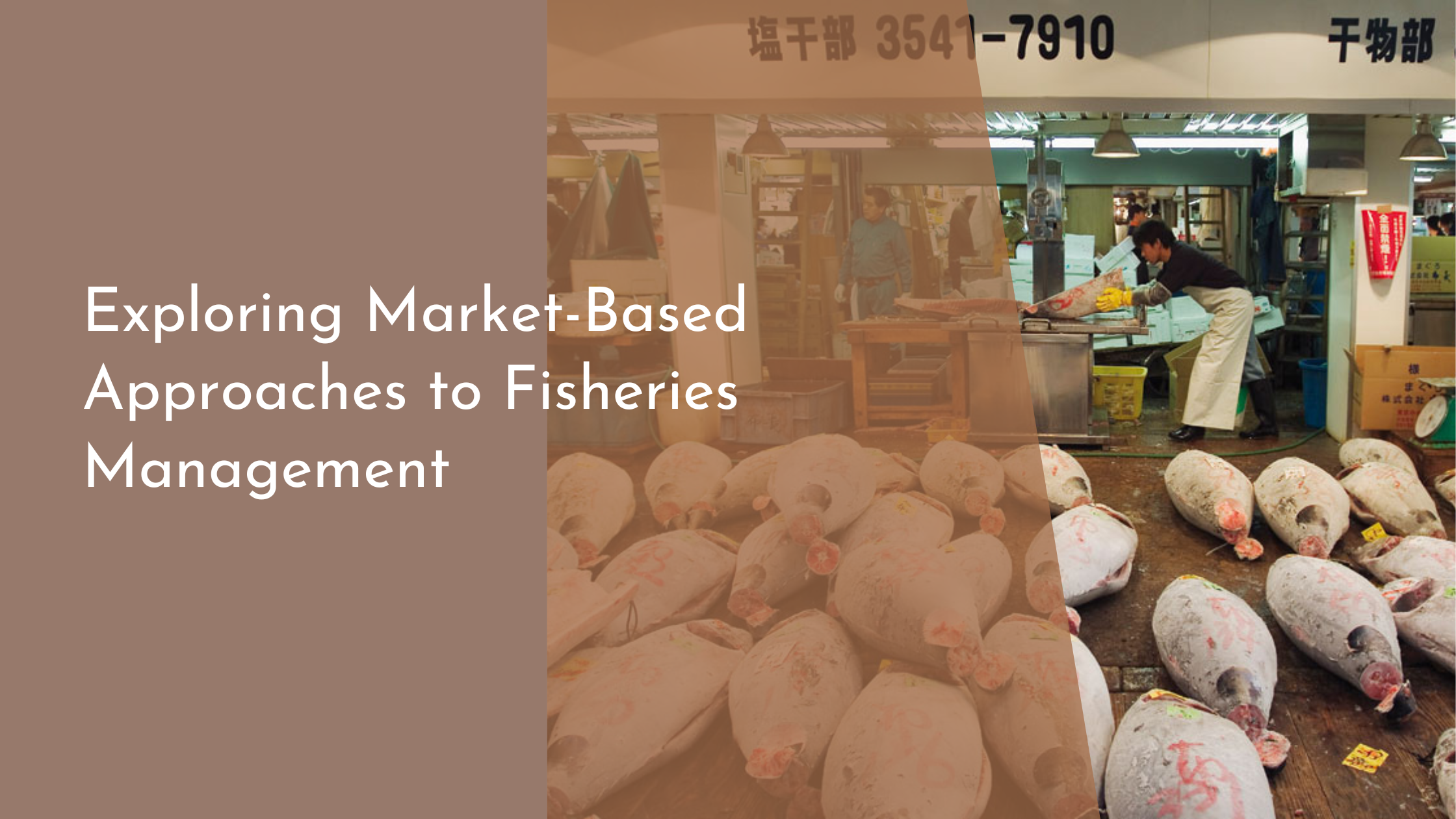Exploring Market-Based Approaches to Fisheries Management
In recent years, the conversation around sustainable fishing has shifted towards innovative, market-based approaches to fisheries management. As global fish stocks face pressure from overfishing and environmental changes, these strategies offer a promising avenue for balancing ecological health with economic viability. This article delves into the fundamental concepts of market-based fisheries management, highlights its benefits, addresses the challenges it faces, and envisions a brighter, more sustainable future for fisheries worldwide.
The Basics of Market-Based Fisheries Management
Market-based fisheries management refers to a set of strategies that use economic incentives to encourage sustainable fishing practices. This approach often includes tools such as catch shares, individual transferable quotas (ITQs), and fishery cooperatives. By assigning specific quotas or shares to individual fishers or companies, these methods aim to prevent overfishing, reduce bycatch, and promote long-term ecological balance. The idea is that when fishers have a vested interest in the health of fish stocks, they are more likely to adopt sustainable practices.
These market-driven strategies contrast with traditional command-and-control regulations, which typically impose blanket restrictions on fishing efforts. Instead of top-down mandates, market-based approaches harness the power of economic incentives to align fishers’ interests with conservation goals. This can lead to more efficient resource use, as fishers can plan their activities around economic conditions and ecological constraints, ultimately fostering a more adaptive and resilient fishing industry.
Benefits of Market-Based Strategies in Fisheries
One of the key benefits of market-based strategies is the potential for improved economic outcomes for fishers. By providing secure rights to a share of the catch, these approaches can enhance economic stability and predictability for fishers. This can lead to increased profits and reduced competition, as fishers no longer need to race against each other to catch as much as possible before quotas are filled. Additionally, by trading quotas, fishers can optimize their own operations, buying or selling shares to match their capacity and economic goals.
Environmental benefits are another significant advantage of market-based approaches. By assigning economic value to fish stocks, these strategies incentivize fishers to engage in sustainable practices that preserve the health of marine ecosystems. This can result in healthier fish populations, less bycatch, and reduced impacts on non-target species. Over time, these ecological improvements can lead to enhanced biodiversity and ecosystem resilience, supporting the overall health of our oceans.
Challenges and Solutions in Implementing Market Approaches
Despite their potential, market-based fisheries management strategies face several challenges. One major hurdle is ensuring equitable access to fishing rights, particularly for small-scale and artisanal fishers who may be disadvantaged by quota allocations. To address this, policymakers can implement measures such as community quotas or allocate shares in ways that prioritize social equity and preserve traditional fishing practices.
Another challenge is the need for robust monitoring and enforcement systems to prevent overfishing and illegal activities. Effective data collection and surveillance are crucial for ensuring compliance with catch limits and maintaining the integrity of market-based systems. Advances in technology, such as satellite tracking and digital reporting, offer promising solutions to enhance transparency and accountability in fisheries management. By leveraging these tools, regulators can ensure that market-based approaches effectively contribute to sustainable fisheries.
Market-based approaches to fisheries management hold the promise of a more sustainable and economically viable future for the global fishing industry. By aligning economic incentives with conservation goals, these strategies can foster both ecological resilience and economic prosperity. While challenges remain in their implementation, innovative solutions continue to emerge, paving the way for a brighter future for our oceans. As we embrace these market-driven strategies, we can look forward to a world where thriving fish stocks and prosperous fishing communities coexist in harmony.



